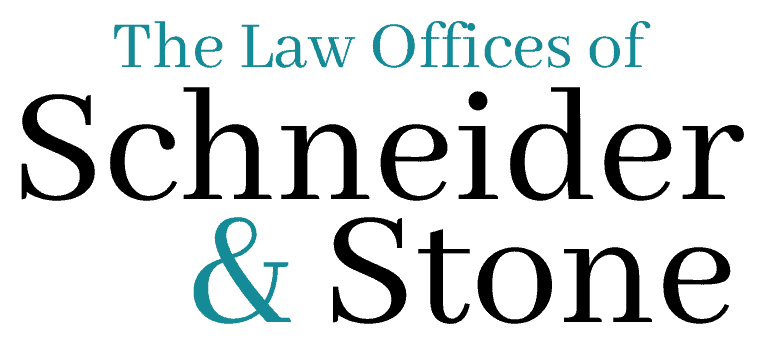Whenever I have a consultation with a married couple I am almost always asked whether they are required to file for bankruptcy together. The answer is that a married couple is never required to file together. In fact, I have filed many cases for one spouse and not the other. It is always a decision for each individual to make and joint filing is not compulsory. Strategically, there can be some advantages to having one spouse file but not the other. In some cases, filing for one spouse, but not the other, can lead me to advise my clients to file a Chapter 13 Bankruptcy case instead of a Chapter 7 Bankruptcy (or vice versa).

I am shocked at how many of my clients have been previously told by another lawyer that both spouses are indeed required to file for bankruptcy together and cannot file separately. Not only is there a lot of misinformation for people prior to filing but I have had several clients who have hired me after filing their bankruptcy cases and one spouse filed not even knowing that they had a choice. The bottom line is that there is nothing in the bankruptcy code or the federal rules of bankruptcy procedure that requires a married couple to file a joint bankruptcy case…but that does not mean that it is always a bad idea…
When spouses should file for bankruptcy together
A lot of married couples will choose to file a joint case if they have mainly joint debts and both spouses require a discharge to get a fresh start. A good way to check for this is to examine one spouse’s credit report for a specific debt. Depending on the report that is pulled you will see an indication that the debt is either “individual” or “joint.” A joint debtor is sometimes called a “co-signor” or “co-borrower.” If any indication of joint liability is present then both spouses owe the debt and should probably file together.

When only one spouse should file for chapter 7 or chapter 13 bankruptcy
When checking into who has personal liability for a debt, I often find that one spouse had incurred all of the debt and the other is relatively debt free. For these clients I ask them if there is any specific reason that they can think of that they need to file a joint case. The most common answer I get is that they believe that they are required to do so. As long as there is no other reason for both spouses to file a joint bankruptcy case, I almost always recommend that only the spouse carrying the debt load file for bankruptcy. This is by far the most common scenario.
stop foreclosure with only one spouse filing for chapter 13 or chapter 11 bankruptcy
This scenario is common for homeowners who use a Chapter 13 Bankruptcy case to stop a foreclosure on their home. This happens when, for whatever reason, a married couple falls behind on their mortgage payments. The mortgage is usually a joint debt and technically both spouses are in default when mortgage payments are missed. As long as there are no other major reasons to file a joint bankruptcy case only one of the spouses needs to file for bankruptcy to stop the foreclosure case. This is because the automatic stay applies not only to the spouse filing the bankruptcy case but to any co-debtors as well. This is what we refer to as the “co-debtor stay.” This means that the non-filing spouse is able to be protected as if they had filed for bankruptcy without actually filing one. While the foreclosure case is stayed for both spouses a Chapter 13 Bankruptcy plan can provide a way to catch up on any missed mortgage payments to cure the default for both spouses. After the bankruptcy case is over and the case is closed the mortgage is reinstated and both spouses benefit even though only one of them filed a bankruptcy case.

